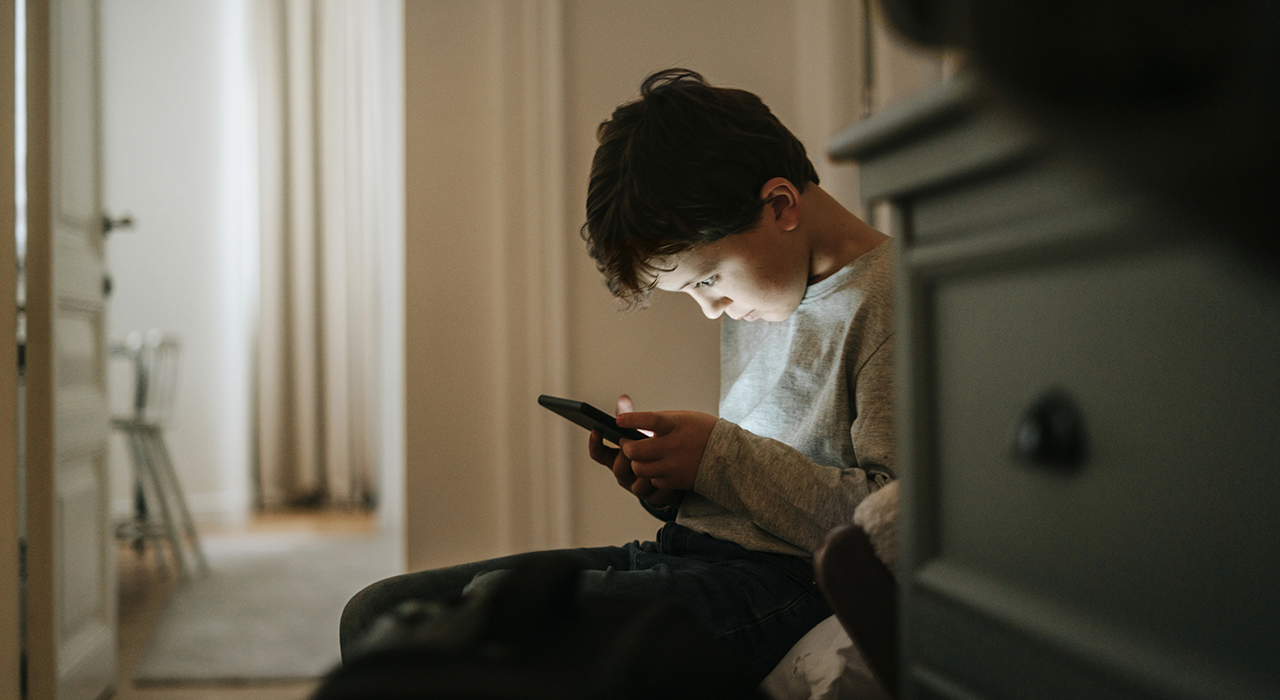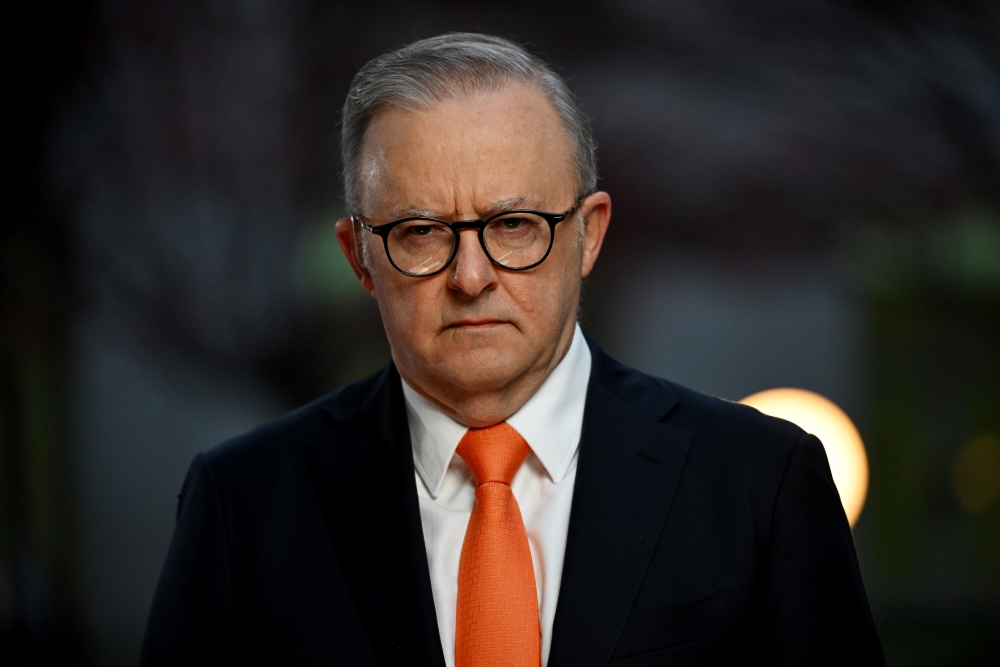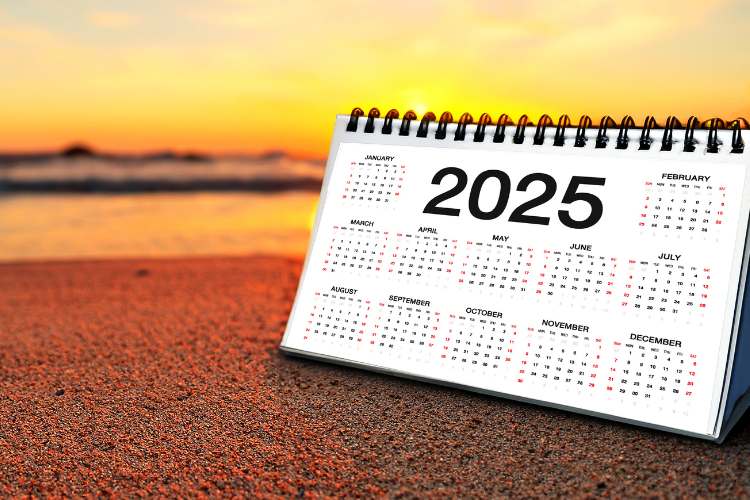
Australia Considers Social Media Ban for Teens: What It Means for Kids Under 16
Under a world-first program expected to take effect soon, Australians under 16 will be blocked from using social media. Led by Prime Minister Anthony Albanese, the initiative comes amid concern about how young Australians are coping in a digital era and possible harm to their mental and physical health.
Why Australia Is proposing a ban

The rise of social media changed the way we communicate, share information, and interact socially. Unfortunately, the digital revolution also came with its downsides, most of which are quite critical and evident from research stats from a very young age. Arresting social media and over-consumption have been associated with anxiety, depression, cyberbullying, and perceived losses of real-world social skills in adolescents. Acknowledging these challenges, the Australian government has taken an active step to minimize possible harm.
Social media is bad for young people, and Prime Minister Albanese has spoken out against it. Children should spend less time in virtual worlds and get plenty of actual, hands-on experience, he said, adding: ‘I want to see kids off their devices and onto the footy fields and the swimming pools and the tennis courts.
The Bill and age verification trials
Now, in September 2024, the Albanese government has revealed it will write new laws to target kids who use social media—and they could set a minimum age as high as 16. This would also place Australia amongst the first countries to adopt such strict age limitations on digital services.
The government is conducting trials on age verification systems to help with enforcement. The trials want to investigate potential technological solutions that can establish users’ ages with a high level of confidence without collecting or sharing any potentially identifiable personal data. Responses will help ensure that the age limit is both practical and enforceable in any final legislation.
From State-Level Initiatives to a National Coordination
Individual states had started dealing with it before the federal announcement. The most recent such move came from South Australian Premier Peter Malinauskas, who last week suggested legislation that would ban anyone under 14 from using social media and require anyone aged 14 to 15 to have parental consent. This further highlights the need for action at all levels of government to protect young Australians online.
Prime Minister Albanese said there needed to be a national approach. We want to make sure that there is a national response as opposed to eight states’ RESPONSE,” he said.
Public Reaction and Expert Critique
Responses from the public and experts to the suggested ban have been mixed. The move has garnered support from many parents over concerns about cyberbullying and the mental health effects of social media on children. Others have even banded together to begin vowing that their children will not get phones until they turn 16, indicating a movement from the bottom up for digital skepticism.
On the other hand, some experts warn against a wholesale prohibition. These efforts could actually drive young users to more dangerous platforms, where regulation is either nonexistent or lax. According to the eSafety Commissioner, methods of restriction could inhibit access for young people seeking vital help and may divert them towards unregulated services.
Comparison of International Context
Australia joins the wider global debate on minors and social media services. In July 2023, France passed a law requiring social media platforms to confirm they have parental approval for users under 15. However, there have been some technical hiccups with implementation, which illustrate the challenge of enforcing such rules.

Many states in the US introduced or passed online privacy legislation to protect minors. Just recently, Utah and Arkansas passed laws mandating parental permission for minors to set up social media profiles. Such international initiatives indicate an increasing awareness of the need to protect children and adolescents in the internet space.
Challenges in Implementation
However good the intention behind the proposed ban, its enforcement poses several issues:
Age Verification Developing systems to quickly develop a reliable, privacy-preserving mechanism to verify someone’s age will be extremely important. Conventional methods, like demanding identity papers, may inspire privacy concerns and can be bypassed. However, they are experimenting with innovative solutions–potentially using biometric data and artificial intelligence.
Complaints enforcing it across different global tech giants is going to be a major challenge. It will not be able to implement and enforce age verification protocols on its own; rather, it will have to work with these companies.
Unintended Consequences: Strict regulations could push kids to unregulated or underground platforms, possibly subjecting them to greater risks. To mitigate these risks, continuous monitoring and adaptative strategies will be needed.
Looking Ahead
In pursuing this, Australia is at the cutting edge of efforts around the world to redefine the economy and treat kids differently online. Mitigating the pros of digital interconnectivity while tackling the urgent need to protect vulnerable demographics will definitely require the careful drafting of legislation, technological creativity, and cooperation between different governments, tech companies, and communities.
Age verification tests are being conducted, and legislation is being drafted, so the next few months will be crucial. The results will not just determine Australia’s approach to its digital policy but may also guide the world’s standards for protecting young people online.
For more informative contents visit Dailyforesight



